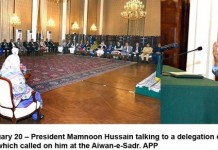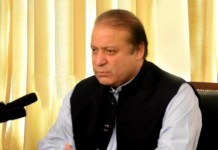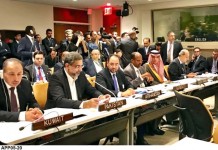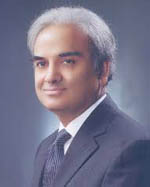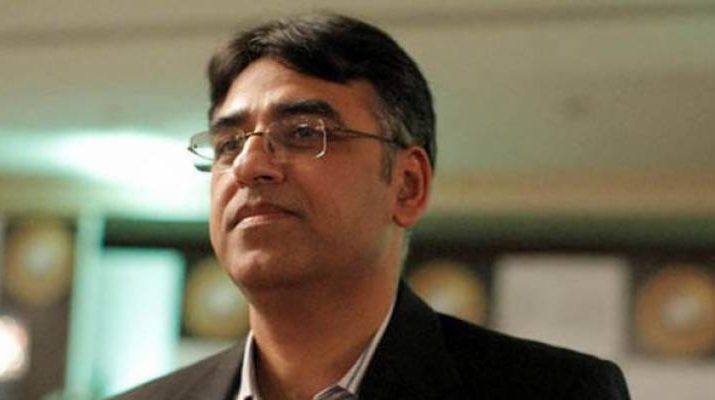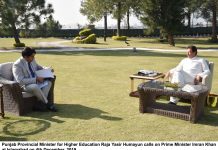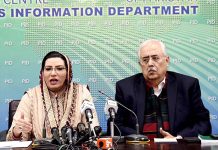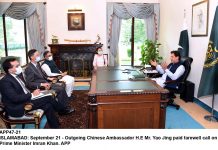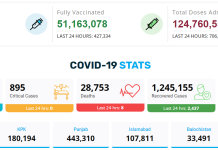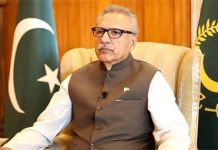By Rehan Khan
ISLAMABAD, Nov 17 (APP): Saudi Crown Prince and Prime Minister Mohammed bin Salman, deputizing for King Salman bin Abdulaziz on Sunday condemned Israel’s actions in Palestine, describing them as ‘genocide’ impacting over 150,000 individuals, including women and children.
Inaugurating the Extraordinary Arab and Islamic Summit recently held in Riyadh, he decried violations of Al-Aqsa Mosque’s sanctity, impediments to humanitarian aid, and Israeli military actions in Lebanon, reaffirming Saudi Arabia’s support for Lebanon’s sovereignty and stability.
The crown prince urged global action to halt aggression and reiterated the Kingdom’s commitment to a two-state solution, calling for an independent Palestinian state along 1967 borders with East Jerusalem as its capital. He also highlighted Saudi efforts to mobilize international cooperation through the Global Alliance for the Implementation of the Two-State Solution.
Saudi Foreign Minister Prince Faisal bin Farhan emphasized that a two-state solution is the only viable path to lasting peace in the Middle East. Speaking after the summit, he highlighted Arab and Islamic unity in addressing the escalating crisis in Palestine.
Prince Faisal called for immediate de-escalation, an end to Israeli violations, the easing of humanitarian aid restrictions, and international pressure on Israel to halt aggressive measures, including withholding Palestinian tax revenues.
Organization of Islamic Cooperation (OIC) Secretary-General, Hissein Brahim Taha condemned Israeli violence in Palestine and Lebanon as ‘atrocities and genocide’ during the summit.
He criticized attacks on UNRWA and warned of escalating risks of an all-out war, calling Israel’s actions a ‘blatant violation’ of international law and UN resolutions.
Taha urged immediate global action, emphasizing the implementation of UN Security Council Resolution 2735 for a ceasefire and humanitarian aid access in Gaza. He also called for Israeli withdrawal from occupied territories and the empowerment of Palestinian governance in Gaza, essential steps for stability.
On Lebanon, Taha urged adherence to Resolution 1701, advocating a halt to hostilities and protection of the country’s sovereignty. He reaffirmed the OIC’s demand for international intervention to safeguard Palestinian and Lebanese rights and ensure humanitarian aid, stressing the summit’s unified call for peaceful resolutions to the crises.
Arab League Secretary-General Ahmed Aboul Gheit accused Israel of pursuing a strategy to dismantle Palestinian society in Gaza through forced or voluntary displacement, warning this approach aims to erase the prospects of a future independent Palestinian state.
Speaking at the summit, he said Israel’s actions undermine coexistence and obstruct peace efforts based on justice. He stressed the region’s unwavering demand for an independent Palestinian state along the 1967 borders, with East Jerusalem as its capital.
He also condemned ongoing Israeli bombings in Lebanon, which have claimed civilian lives, displaced over a million people, and worsened the country’s existing crises. Aboul Gheit called for a ceasefire and full implementation of UN Resolution 1701 to ensure border security.
The summit, he added, sends a clear message: unchecked Israeli actions threaten regional stability and global peace.
In a historic move at the summit, the OIC, League of Arab States, and African Union Commission signed an agreement to intensify joint efforts in support of the Palestinian cause.
Witnessed by Saudi Foreign Minister Prince Faisal bin Farhan and senior leaders, the pact underscores a unified stance among Arab, Islamic, and African nations to advocate for Palestinian rights and address regional challenges.
The agreement will help align diplomatic and humanitarian strategies, push for a two-state solution, and rally support for Palestine at the United Nations and other global platforms. They emphasized the importance of coordinated efforts to address human rights violations and the ongoing humanitarian crisis in Palestine.
The resolution reaffirmed unwavering support for the Palestinian cause and condemned escalating Israeli aggression in Gaza, Lebanon, and Syria. It emphasized the Palestinian right to self-determination, establishment of an independent state on the 1967 borders with East Jerusalem as its capital, and right of refugees to return under UN Resolution 194.
It declared East Jerusalem a ‘red lin’ for Arab and Islamic nations, pledging to defend its Arab and Islamic identity.
The resolution urged international sanctions on Israel, suspension of its UN participation, and full UN membership for Palestine. It highlighted the need for humanitarian aid to Gaza, Lebanon, and Syria while supporting Palestinian unity and Gaza’s reconstruction.
In a significant step, the resolution welcomed a tripartite cooperation mechanism between the OIC, Arab League, and African Union to bolster advocacy for Palestinian rights. It tasked the League of Arab States and OIC secretaries-general to oversee the resolution’s implementation.
